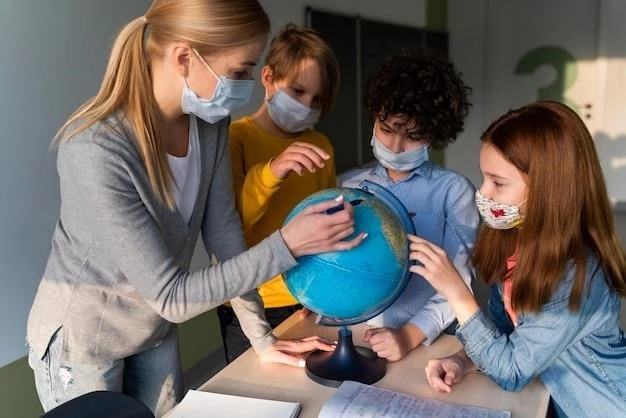The Critical Importance of Environmental Education for Future Generations
Introduction

The profound impact of human activities on the planet has necessitated a paradigm shift in education, particularly with regard to environmental stewardship. Environmental education (EE) has emerged as a vital pillar in shaping future generations who are equipped to address the pressing environmental challenges facing our world. This article explores the critical importance of EE for future generations, highlighting its essential role in fostering environmental literacy, promoting sustainable practices, and empowering youth to become agents of positive change.
Fostering Environmental Literacy
Environmental education lays the foundation for environmental literacy, which encompasses the knowledge, skills, and values necessary to understand and address environmental issues. By integrating EE into curricula, students gain a comprehensive understanding of ecological concepts, the interconnectedness of ecosystems, and the impact of human activities on the environment. This knowledge empowers them to make informed decisions, engage in meaningful discussions, and advocate for environmental protection.
Promoting Sustainable Practices
EE fosters a values-based approach to environmental stewardship, promoting sustainable practices that minimize our ecological footprint. Through hands-on experiences, simulations, and real-world projects, students develop a deep appreciation for the environment and learn practical ways to conserve resources, reduce pollution, and mitigate climate change. By instilling these values, EE cultivates a generation that is committed to living in harmony with the planet.
Empowering Agents of Change

Empowering youth as agents of change is a crucial aspect of EE. By providing students with opportunities to participate in environmental action projects, engage with community stakeholders, and develop leadership skills, EE fosters a sense of ownership and responsibility for the environment. This empowers them to become active agents of change, capable of driving positive environmental outcomes in their communities and beyond.
Addressing Environmental Challenges
The environmental challenges facing our planet require innovative and collaborative solutions. EE provides a platform for students to explore these challenges from multiple perspectives, develop critical thinking skills, and engage in problem-solving exercises. By fostering collaboration among students, educators, and community partners, EE creates a network of individuals working towards common environmental goals.
Ensuring a Sustainable Future
Investing in EE is an investment in the future of our planet. By equipping future generations with the knowledge, skills, and values necessary to address environmental challenges, we create a more informed, engaged, and empowered society. This will lead to sustainable practices that protect our natural resources, mitigate climate change, and ensure a thriving environment for generations to come.
Conclusion
Environmental education is essential for shaping future generations who are environmentally literate, committed to sustainable practices, and empowered as agents of change. By investing in EE, we empower youth to become stewards of the planet, ensuring a sustainable future for all. As the saying goes, “The best way to predict the future is to create it,” and EE is the cornerstone of creating a future where humans and the environment thrive in harmony.










